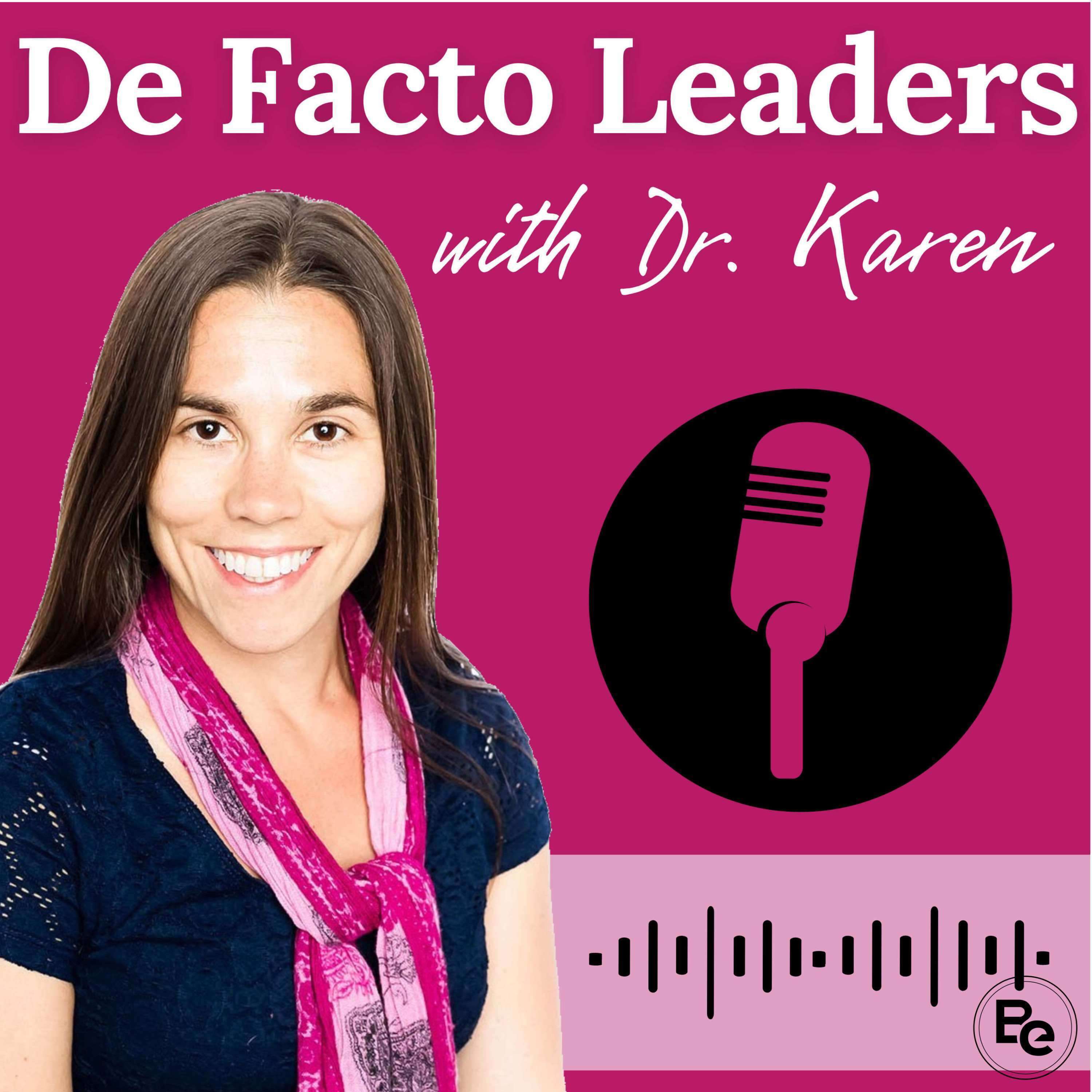- After-Shows
- Alternative
- Animals
- Animation
- Arts
- Astronomy
- Automotive
- Aviation
- Baseball
- Basketball
- Beauty
- Books
- Buddhism
- Business
- Careers
- Chemistry
- Christianity
- Climate
- Comedy
- Commentary
- Courses
- Crafts
- Cricket
- Cryptocurrency
- Culture
- Daily
- Design
- Documentary
- Drama
- Earth
- Education
- Entertainment
- Entrepreneurship
- Family
- Fantasy
- Fashion
- Fiction
- Film
- Fitness
- Food
- Football
- Games
- Garden
- Golf
- Government
- Health
- Hinduism
- History
- Hobbies
- Hockey
- Home
- How-To
- Improv
- Interviews
- Investing
- Islam
- Journals
- Judaism
- Kids
- Language
- Learning
- Leisure
- Life
- Management
- Manga
- Marketing
- Mathematics
- Medicine
- Mental
- Music
- Natural
- Nature
- News
- Non-Profit
- Nutrition
- Parenting
- Performing
- Personal
- Pets
- Philosophy
- Physics
- Places
- Politics
- Relationships
- Religion
- Reviews
- Role-Playing
- Rugby
- Running
- Science
- Self-Improvement
- Sexuality
- Soccer
- Social
- Society
- Spirituality
- Sports
- Stand-Up
- Stories
- Swimming
- TV
- Tabletop
- Technology
- Tennis
- Travel
- True Crime
- Episode-Games
- Visual
- Volleyball
- Weather
- Wilderness
- Wrestling
- Other
Should I get my doctorate? (with Dr. Christy Borders)
I’m excited to share episode 127 of De Facto Leaders about a common debate for therapists and teachers:
“Is it worth it to get a doctorate?”
In this wide-ranging conversation with my colleague Dr. Christy Borders, we discuss ways to build language skills in students with hearing loss, as well as how to decide if it's time to take the leap and get your doctorate.
The backstory of this conversation is that I recorded it back when I didn’t have a podcast thinking, “Maybe one day I’ll launch a podcast and be able to use this as an episode”.
That’s exactly what I did!
Since I’ve been getting so many comments and questions lately from people wondering if a doctorate is the right choice for them, I wanted to share it on the show!
The first part of the conversation, Dr. Borders shares the first stage of her career as a teacher for the Deaf and Hard of Hearing population; and why she decided it was time to take the leap to higher ed, even though she loved her job.
We get into the discussion about making the decision to get a doctorate in the second half of the conversation. Here’s the run-down of what we cover in this conversation:
When you listen to this interview, you'll learn:
✅How the Deaf and Hard of Hearing population learns to read, write, and speak. ✅The impact of waiting until 6-12 months to get a hearing aid/cochlear implant. ✅How to know if you should get a doctorate, plus survival tips if you do take the leap.✅How to get funding for a doctoral degree. ✅The difference between an EdD and a PhD.
✅What many people don’t know about research and scientists in the field of special education (and why this is actually good news). ✅The best way to start an IEP meeting (especially if you have a strained relationship with the parents).In this episode, I mentioned the School of Clinical Leadership, my course that helps school clinicians take the executive functioning lead in their building. To learn more about the program, go to drkarendudekbrannan.com/clinicalleadership (http://drkarendudekbrannan.com/clinicalleadership)

